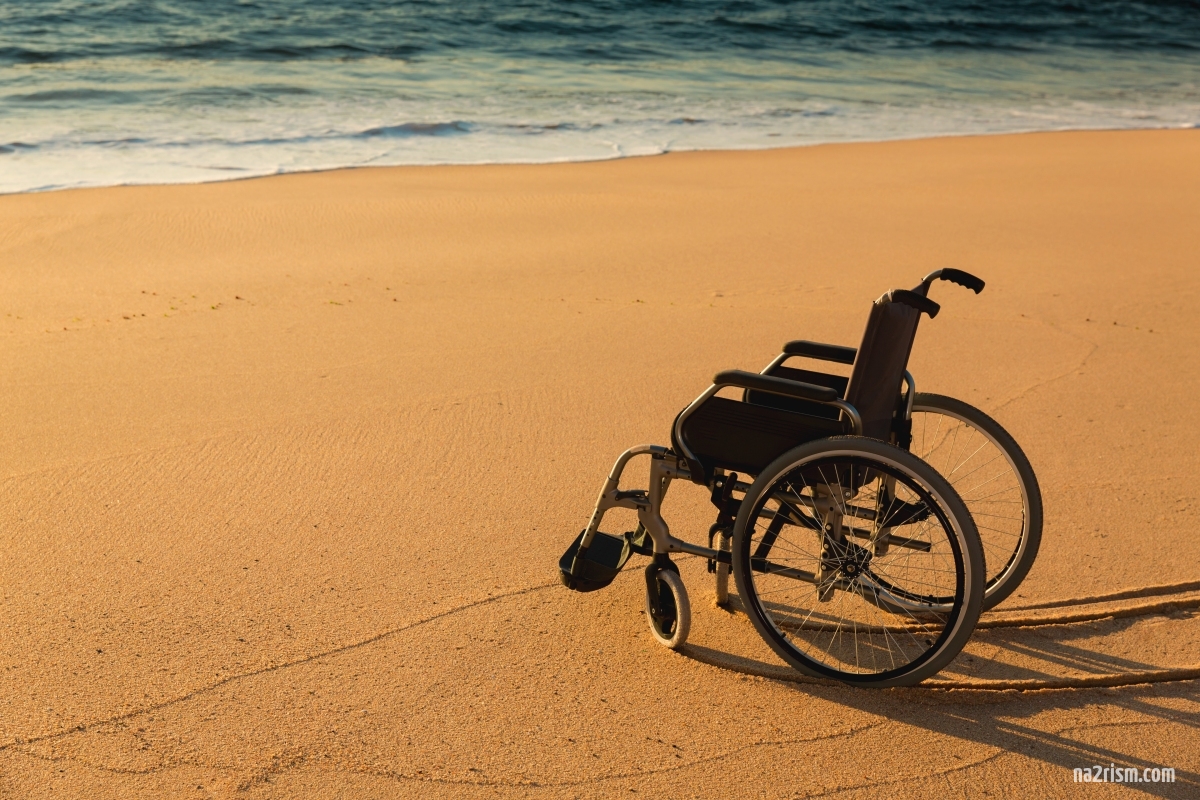Naturism, a lifestyle advocating for nudity in natural settings, aims to promote freedom, equality, and a close connection to nature. While traditionally seen as a liberating philosophy, the naturist movement also faces the challenge of ensuring inclusivity and accessibility to all individuals, regardless of their physical abilities. This article delves into the current state of inclusivity within naturist communities, examines the accessibility for people with various physical abilities, and discusses the barriers that still need to be overcome.
Understanding naturism and its foundations
Naturism is more than just about enjoying nature in the nude; it’s rooted in ideals of equality, self-respect, and respect for others and the environment. This philosophy inherently promotes a non-judgmental environment where one’s value is not assessed by physical appearance. However, translating these ideals into practice, especially in terms of inclusivity, presents unique challenges and opportunities for growth.
Inclusivity in naturist communities
Naturist communities, like many other social groups, are on a continuous journey towards becoming more inclusive. These communities strive to be spaces where individuals of all backgrounds, including those with disabilities, feel welcomed and respected. Several naturist groups have begun to emphasize the importance of accessibility, ensuring that everyone can participate in activities and enjoy naturist spaces without hindrance.
Accessibility challenges and progress
While progress has been made, significant barriers remain in making naturism fully accessible to people with physical disabilities. Accessibility in naturist environments can be broadly categorized into physical and social aspects.
- Physical accessibility: Many naturist sites are located in natural environments, which can be inherently challenging for people with mobility issues. Trails, beach accesses, and camping sites may not always be equipped with ramps, suitable walkways, or other necessary facilities that accommodate all visitors. However, there is a growing awareness among naturist organizations to modify facilities to ensure they are wheelchair-friendly and that amenities such as showers, toilets, and public areas are accessible to everyone.
- Social accessibility: Social barriers often arise from misconceptions and lack of awareness about the needs and capabilities of individuals with disabilities. Naturist communities are working to educate their members about diversity and disability, aiming to foster an environment where all individuals feel truly included and valued. This includes training on disability etiquette and the provision of resources to help members understand and respect each other’s boundaries and needs.
Overcoming barriers
Achieving true inclusivity in naturism requires concerted efforts on multiple fronts:
- Infrastructure development: Enhancing the physical infrastructure of naturist sites to accommodate everyone, regardless of their physical abilities, is crucial. This involves investing in accessible facilities, pathways, and accommodations that consider the needs of people with various disabilities.
- Education and awareness: Raising awareness about the diversity within the human body and the specific needs of people with disabilities is essential. Educational programs and workshops can help bridge gaps in understanding and promote a more accepting and supportive community.
- Policy and advocacy: Naturist organizations need to advocate for policies that support inclusivity and accessibility. This can include developing guidelines for event organizers, promoting best practices in accessibility, and engaging with disability advocacy groups to ensure that the voices of people with disabilities are heard and considered.
Inclusivity within naturist communities is not just about making spaces accessible but also about cultivating an environment where everyone feels welcome and valued. As naturism continues to evolve, the movement faces the vital task of ensuring that it truly reflects its foundational values of equality and respect for all. By addressing both physical and social barriers, naturist communities can become beacons of diversity and inclusivity, truly embodying the spirit of freedom and connection with nature that they champion.

